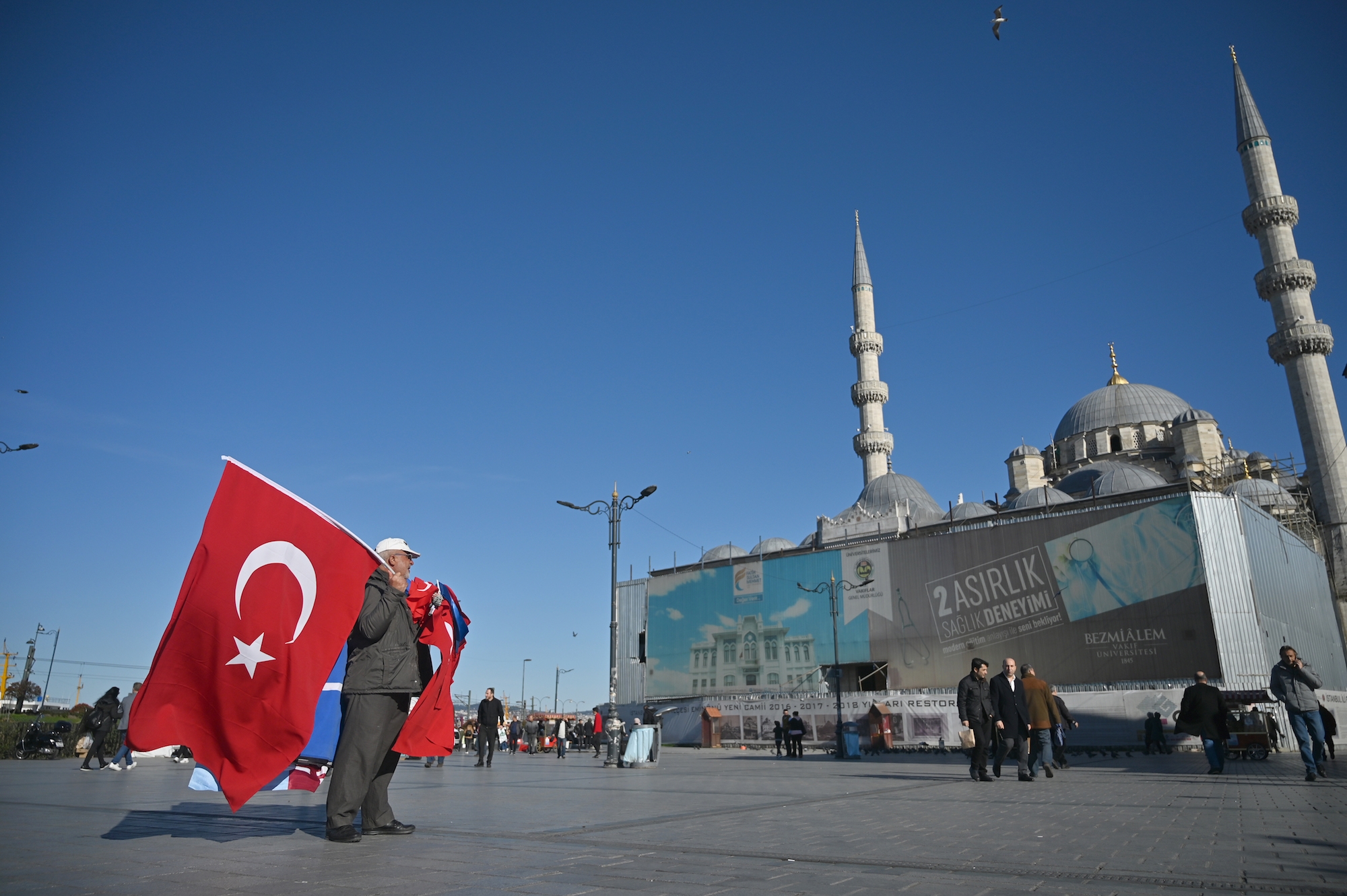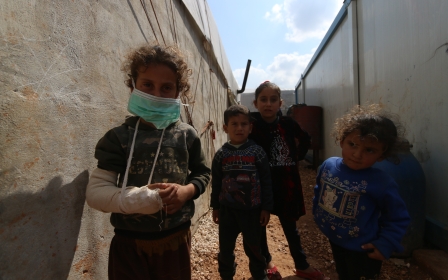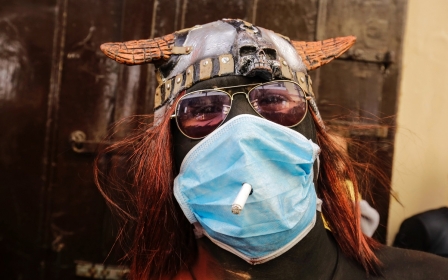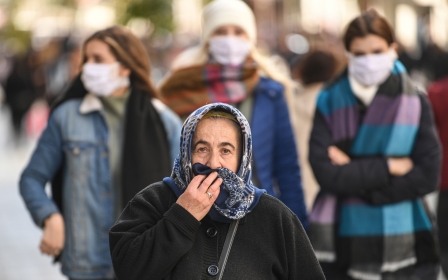Coronavirus: Turkey to pass law to release 100,000 prisoners

The Turkish government will expedite a legal amendment to reduce the time served by inmates to facilitate their early release over coronavirus fears, Middle East Eye has learned.
A Turkish official, speaking on condition of anonymity, has confirmed that the government will bring the law to parliament next week.
“It has been on our agenda for a while. But coronavirus hurried the whole process,” the official said.
The law, eventually, is expected to enable the release of nearly 100,000 prisoners. Currently the prisons are hosting over 300,000 inmates and operating above their normal capacity.
Justice Minister Abdulhamit Gul said on Friday that the law was ready to be submitted to parliament.
New MEE newsletter: Jerusalem Dispatch
Sign up to get the latest insights and analysis on Israel-Palestine, alongside Turkey Unpacked and other MEE newsletters
Gul also emphasised that there had been no reports of any inmate contracting the coronavirus in prison. “The letters and books sent to the prisons are kept in quarantine for 24 hours and then delivered,” he said.
The law amendment will exclude those inmates who were sentenced due to cases stemming from sexual assault, narcotics, terrorism and repeat offenders, according to local media reports.
For the rest of the offenders, the law will allow prosecutors to halve existing sentences and send some inmates to spend one-fifth of their sentences in supervised release.
In addition, some elderly prisoners will be allowed to serve their sentences in their own home. This will apply to those over 75 years old with four years or less left in their terms, as well as prisoners over 70 years old with less than two years of sentences remaining.
The amendment will also permit some offenders to serve their sentence at prisons during nights and on the weekends.
Human Rights Watch Turkey director Emma Sinclair-Webb, however, criticised the proposed law for excluding terror inmates from what some call “partial pardon”.
“But exempting terror inmates [is] highly problematic in the Turkish context: many inmates face sham trials, shouldn't be in jail, including older and sick people,” she wrote on Twitter on Friday.
Since the failed coup attempt in 2016, Turkish security forces have arrested thousands for their links to the Gulen movement, which is designated by the Turkish government as a terror group for masterminding the putsch.
Justice Ministry statistics indicated in 2019 that the occupancy rate in prisons reached 121 percent. Construction for more than 100 prison buildings continues.
On Thursday night, Turkey announced the fourth death caused by the coronavirus in the country. As of Friday, the total number of Covid-19 patients stands at 359, according to the Turkish Health Minister Fahrettin Koca, with 168 newly registered cases.
Earlier this week, Turkey postponed all court cases except urgent ones and cancelled prison visits, except for the legal representatives, who are required to take additional protective measures such as wearing masks and using gloves.
Turkey has already passed a series of strict measures to curb an outbreak of the virus, including closing down schools, universities, mosques, and barring flights from more than a dozen different countries including the UK, Switzerland, Saudi Arabia, Egypt, Ireland and United Arab Emirates.
Flights to and from nine European countries, including France, Germany, and Spain, were already prohibited. Turkey, this week, has also indefinitely postponed all sports events, including professional football leagues.
The government announced a $15.5bn stimulus package on Wednesday to support families and businesses who are affected by the economic downturn caused by the pandemic.
Middle East Eye delivers independent and unrivalled coverage and analysis of the Middle East, North Africa and beyond. To learn more about republishing this content and the associated fees, please fill out this form. More about MEE can be found here.




